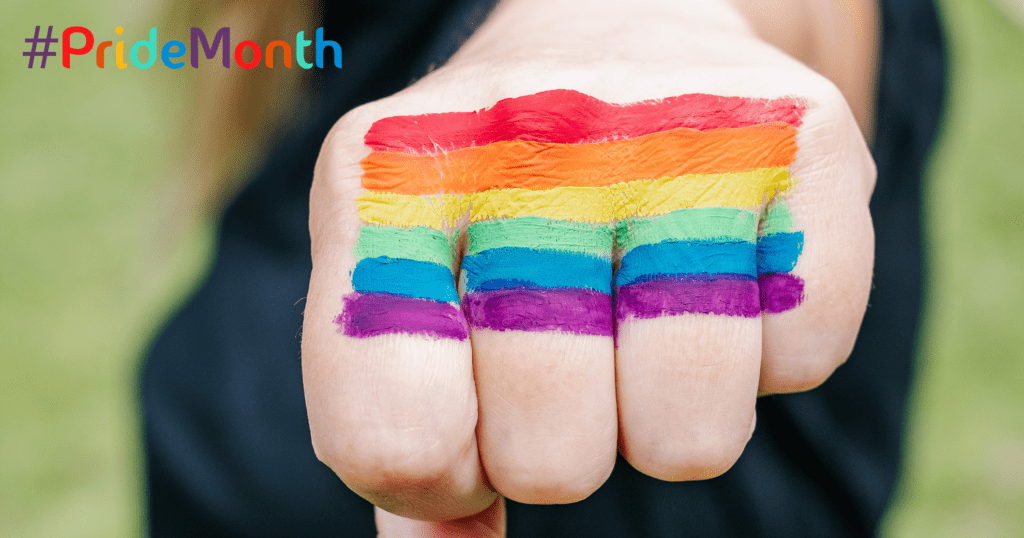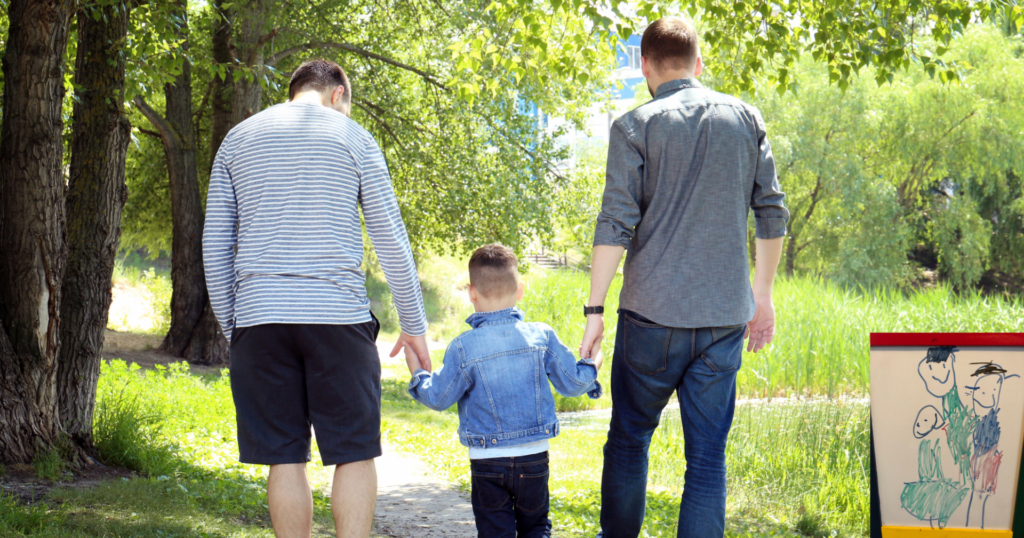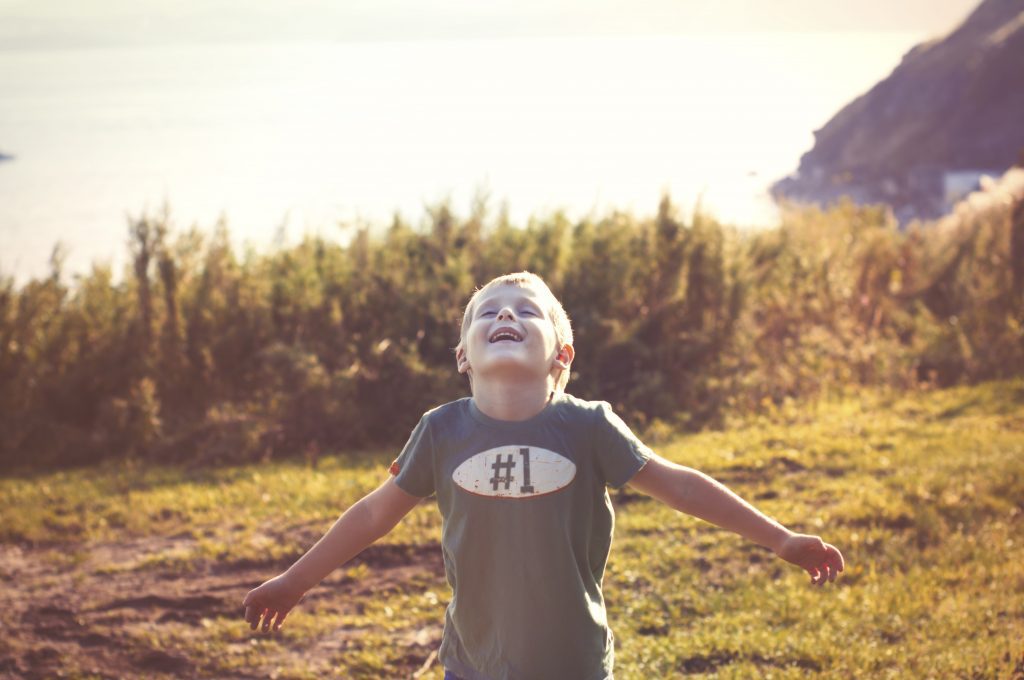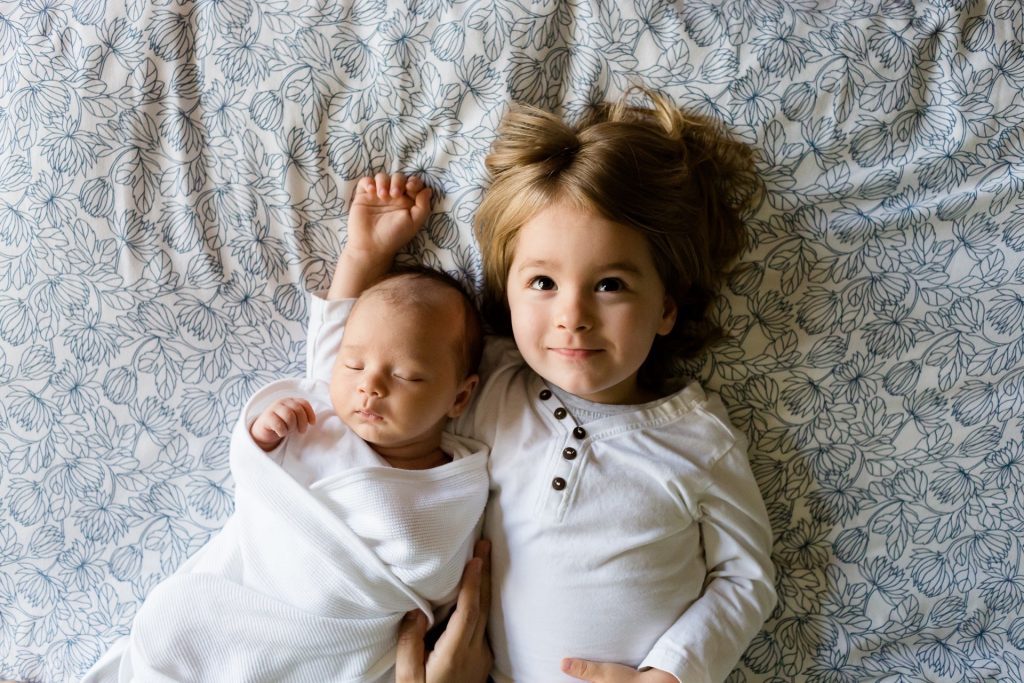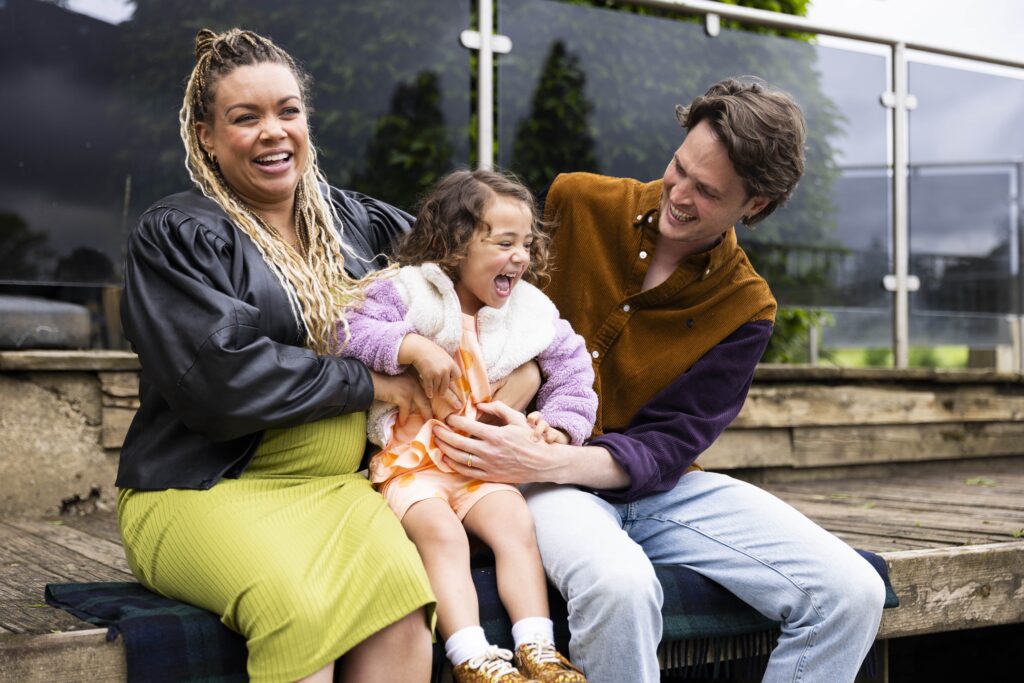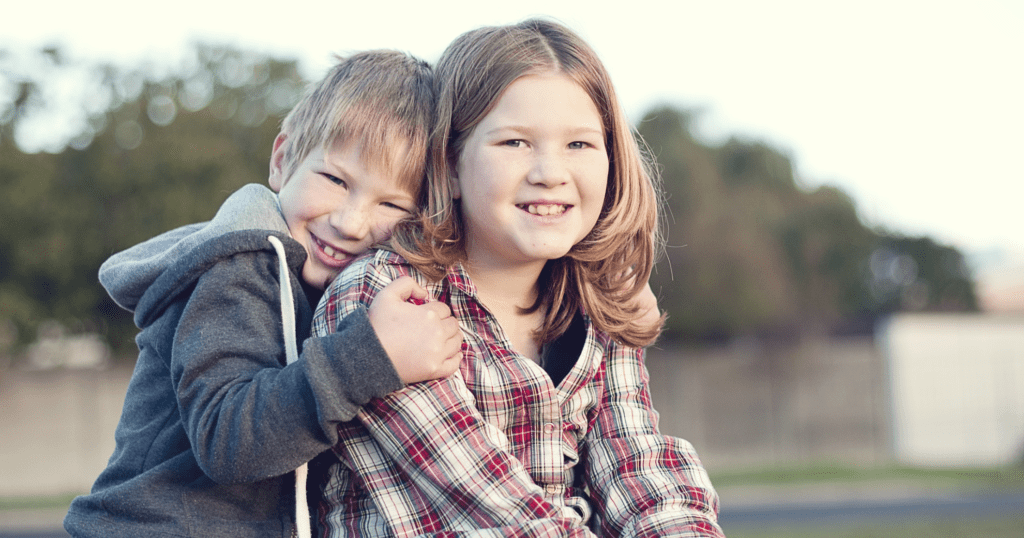LGBT+ singles and couples can adopt…You CAN adopt!
From some of the earliest days of adoption this has been the case. It was only 20 years ago though that same sex couples were legally allowed to build their family through adoption and proportionally the percentage of LGBT adoptions still remains relatively small, albeit increasing year on year. According to NFS (New Family Social) 1 in 6 adoptions in England were to same sex couples in 2020. It’s a growing number, but it’s not a fraction of what it could be.
If just 1% of the LGBT community were to adopt or foster there would no longer be any children in England waiting for a new home.
A NFS poll in 2017 found that 45% of respondents said that before they applied to adopt or foster they thought being LGBT+ would be a barrier in the process.
Wow. Those are emotive statistics. When you add to them the fact that LGBT+ singles and couples are more open to adopting children who wait longer for adoption; such as older children, children with additional needs or brothers and sisters – you begin to see how LGBT+ adopters are not only a part of the adoption community, but are completely vital to it.
So what stops LGBT+ singles and couples coming forward?
The Bill in 2005 was hotly contested. There were people who believed that children who were raised by same sex families would be victimised by bullies (ironically) and even that the children’s own gender identity might be skewed by living in a homosexual environment. Have those ideas completely disappeared or do we still suffer from a cultural hangover that puts off potential gay parents?
Kath Burton, Adoption Manager at Caritas Care is adamant that times have changed:
“Around 2005 we held an Adoption Preparation Training class where I worked. I remember it well. We usually go around the room, asking couples to introduce themselves, their partners and tell us how long they had been together. There was a lovely lesbian couple who were really anxious. They were worried that they were not welcome, that their relationship would somehow be deemed to be too ‘different’. But when they told everyone that they had been together over 20 years you could feel the attitude in the room shift, as though people were learning that a same sex relationship could be just as committed and loving as any other. Working in adoption we see on a daily basis how Society’s attitudes continue to shift and change. There was only acceptance in the room and the couple, who we still meet up with for a brew, have three incredible teenage boys.”
The fact that, essentially, LGBT+ families are no different to any other isn’t an idea that needs to be planted in very young children. Children growing up in our same sex families are innocent of any prejudice; they simply do not see how their family is any different to any other. They talk cheekily about not tidying their bedrooms and rattle off the names of their various pets and how they’re going to be Astronaut Ballerinas when they grow up. The demographic of their family simply does not show up on their radar. They have both a ‘Mummy and a Mammy’ and who could be luckier than that?
It is natural for young children to ask questions and we shouldn’t be afraid to answer them openly and honestly.
Here at Caritas Care we can help you have those conversations that you might shy away from because an environment of honesty and trust is the bedrock upon which family life is built. And there are some beautiful children’s books out there that challenge the idea that every fairy tale ending needs to have both a Prince and a Princess!
That’s all well and good you might be thinking. But little people grow up and there’s nowhere more ruthless than the high school playground. The irony is that often LGBT+ singles and couples know a thing or two about tolerance and handling bullies better than most so the solution itself can lie closer to home than you think. Social workers across the country will tell you the same. LGBT+ singles and couples hold a significant strength in their openness to difference and ability to support a child with a sense of difference. Kath Burton said:
“LGBT+ singles and couples are often very resilient. They’ve had to be emotionally mature, having already gone through the mental and emotional process of not hiding their own differences. Children coming to adoption can have painful pasts and being with a parent who knows how to create a safe space to share, to make sense of it all, to let them be themselves – proud of themselves is exactly what they need.”
Schools themselves are part of the support system.
In a society littered with derogatory phrasing that tries to pass itself off as humour i.e.: “that’s so gay” schools need to tackle such culture. Finding and working with your local school to ensure that same sex families and identities are neither vilified…nor made to feel invisible is a crucial step forward. Many older children feedback that they are really happy in their LGBT+ family and wouldn’t swap them for the world. The world, with all its prejudices and lack of acceptance, they’d gladly swap any day.
The process of becoming an adoptive family is equally rigorous whether gay, lesbian, single, married or pink with purple spots!
“We ask everyone everything – not because we’re looking for a ‘type’ but because we’re looking for someone who is emotionally in tune with a child, at peace with their own needs and in a place to cope with family life” says Kath.
It would be naïve to say that becoming an LGBT+ adopter is easy – no journey to become a family is without its challenges. But since reproduction with both parents sets of DNA is not an option, LGBT+ singles and couples are more likely to come to adoption as their first choice and they will be welcomed with open arms by the agency or agencies they choose to work with.
Rule yourself in to adoption…give us a call on 0800 652 6955 or click here to get in touch to find out more about building your family through adoption

